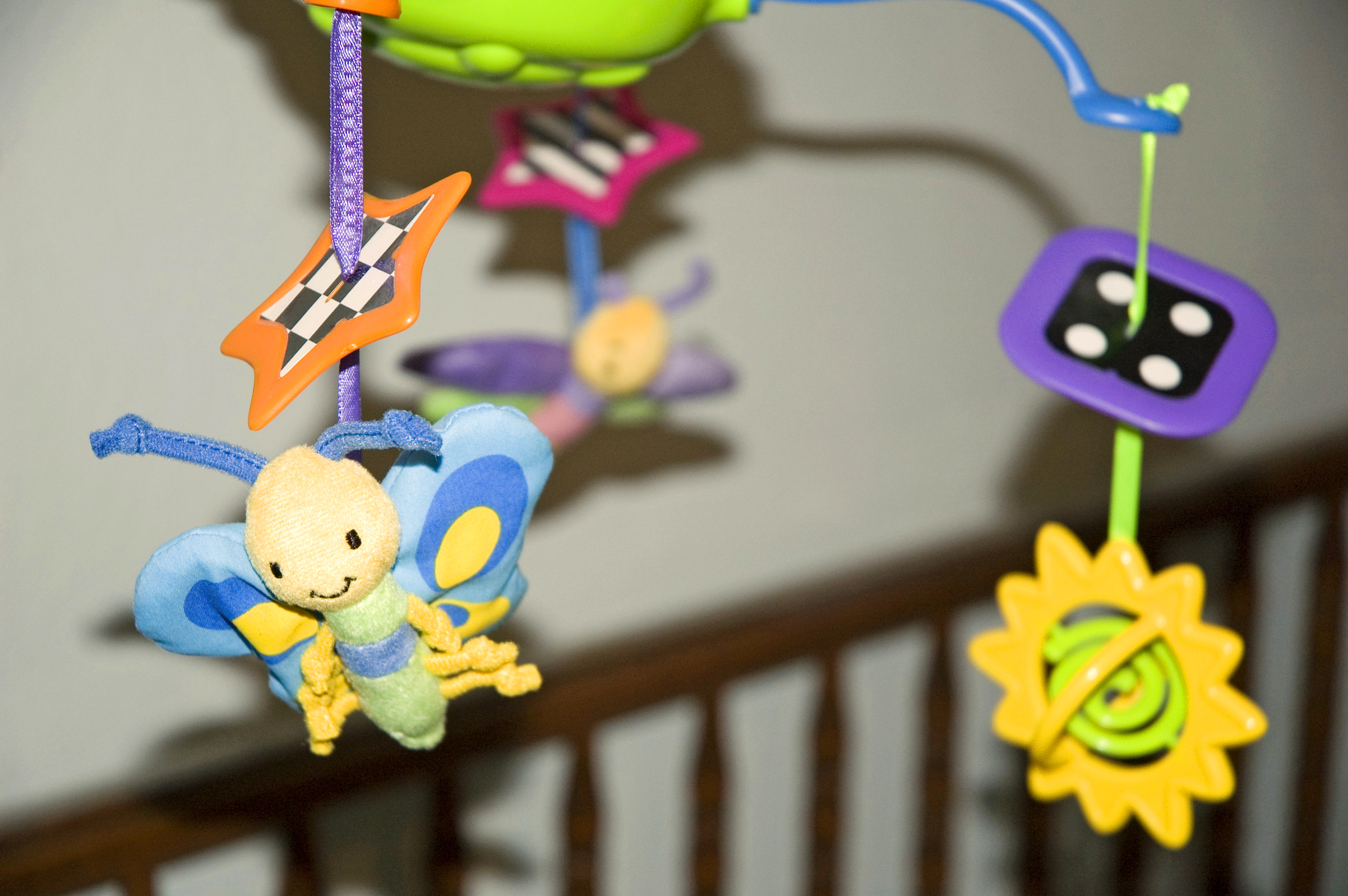The Massachusetts Supreme Judicial Court recently considered whether notice of an adoption petition must go to a known sperm donor. In this recent case, a married same-sex couple sought to adopt their son to ensure recognition of their parentage outside of theCommonwealth.

The child was conceived during the couple’s marriage, with one spouse being the biological mother and the other spouse’s brother acting as the sperm donor. The other spouse carried the child. Both spouses were listed on the birth certificate.
The spouses filed a joint petition for adoption and moved to proceed with the adoption without further notice. They argued that they were the child’s parents and could consent to the adoption without notice to anyone else. The Probate and Family Court judge denied the motion with an interlocutory order and reported a question to the Appeals Court regarding whether the lawful parents were required to give notice of the petition to the known sperm donor. The Supreme Judicial Court transferred the case on its own motion.
The requirements and procedures for adoption are statutory. G. L. c. 210, § 2 requires the consent of certain parties for an adoption, including: the child if over 12 years old, the child’s spouse if the child is married, and the child’s “lawful parents.” Pursuant to G. L. c. 210 § 4, if required consent is not submitted, the court must order notice to the parties from whom consent is required.
The court reviewed the plain language of the statutes. Notice must be given only to those parties whose written consent is required for the adoption. Only persons who fall into a category listed in the consent statute are entitled to notice. The court reasoned that the only category a sperm donor could potentially fit into would be “lawful parent.”
The judge had found that that the two spouses were the child’s lawful parents, and the Supreme Judicial Court agreed. Furthermore, there is support in both the General Laws and case law that a child conceived through artificial insemination with the consent of the other spouse is considered to be the child of the consenting spouse. There is also case law supporting the application of statutes referring specifically to “artificial insemination” to other forms of assisted reproductive technology, including in vitro fertilization. The Supreme Judicial Court found that, when a child is conceived by one woman of a marriage using assisted reproductive technology to which both spouses consented, the consenting spouse is the child’s lawful parent. In this case, one spouse was the biological mother of the child conceived through in vitro fertilization to which her spouse had consented. Both spouses, therefore, were the lawful parents of the child.
The judge had questioned whether a known sperm donor would be precluded from filing an action to establish his paternity. The Supreme Judicial Court noted, however, that finding the law conferred legal parentage only upon the consenting spouse of the mother, and not the sperm donor, was consistent with both paternity statutes and the presumption of the legitimacy of children born within a marriage. Even when a mother’s spouse is presumed to be the lawful parent, a “putative father” can claim some of the rights and obligations of parentage. A putative father can only establish paternity through a voluntary acknowledgement by both parents or an adjudication by a court.
Even if a sperm donor could seek to establish paternity as a putative father, the adoption statutes do not require the consent of a person with a theoretical claim for paternity. They do not require notice to the putative father of a marital child, if the putative father’s rights have not been established.
The Supreme Judicial Court refused to extend the notice requirements under G. L. C. 210 § 4 beyond the categories specified in the consent statute. The notice statute does not require a child’s lawful parents to give notice of an adoption petition to a known sperm donor. The Court reversed the order denying the motion to proceed with the adoption without further notice and remanded for further proceedings.
Both same-sex marriage and assisted reproductive technology are relatively new areas of law. There are special considerations in situations in which a parent is not the biological or adoptive parent of the child. Courts must often apply old laws that did not contemplate all situations that may arise. Furthermore, Massachusetts families may need to take steps to ensure that their familial relationships are recognized outside Massachusetts.
If you have a family law issue in Massachusetts, a skilled Massachusetts family law attorney can help assist you. Contact the Law Offices of Richard Mucci at (781) 729-3999.
